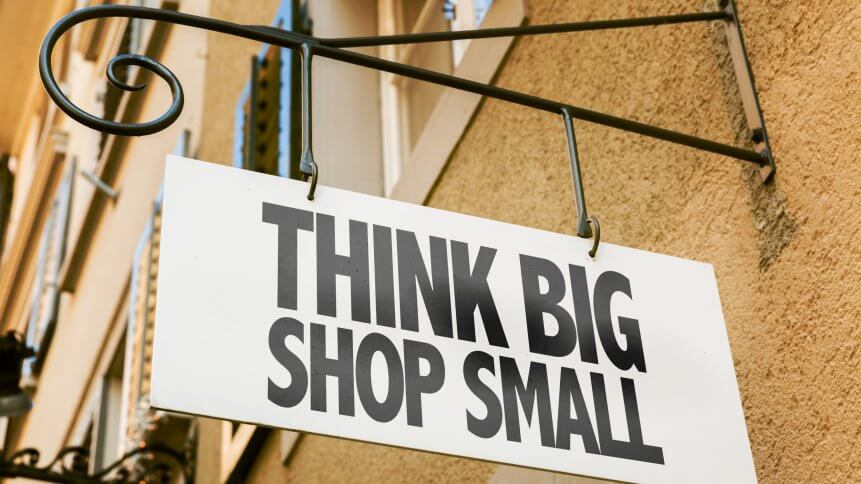Can fintech help small businesses find their feet again?

- The pandemic has negatively impacted 90% of small businesses
- But fintech is poised to help recovery by streamlining payments and engaging with consumers
The easing of lockdowns in some parts of the world offers a glimmer of hope for small businesses, but many have felt the full impact of the virus. A study by PYMNTS revealed a staggering 90% of small businesses, including retailers and restaurants had been negatively impacted by the global health crisis.
Now more than ever, small businesses affected by the pandemic-induced economic upheaval are turning to fintech to help boost their product offerings, meet changing customer expectations, and to adapt to more flexible business models that will add longer-term strength and resilience to the business.
One of the ways fintech will help small businesses is by rebuilding relationships with customers. Small businesses thrive on personalized customer service, but with e-commerce continuing its rise, consumers are spoiled with choice, relying on reviews or recommendations when purchasing a product, while factors such as delivery speed and fees are prioritized.
This is where mom-and-pop stores are at a disadvantage, and fintech solutions may help these businesses build on customer insights without large capital. This could take the form of a loyalty program whereby fintech can help small businesses boost their life cycle marketing and customer engagement. This year, Chipotle reported 8.5 million members registered to their loyalty program. The loyalty program offers diners 10 points for ever dollar spent and a free entree when they hit 1,250 points, as reported by CNBC.
Small businesses can take similar strategies; ones that are unique to their brand, help build loyal customer bases and attract new patrons.
Besides that, fintech offers the possibilities for small businesses to leverage network effects to compete against retail giants that have a vast number of vendors under their name. It’s challenging for SMEs to compete with big retailers. Besides the obvious reasons involving capital and resources, in a digital-first era, retail giants build their empires out of consumer data from a large and deep consumer pool.
YOU MIGHT LIKE

Shopify drives the ‘new reality’ of e-commerce
The pandemic has clearly underlined this gap, whereby retail giants are able to shift and move resources around, scale up or down depending on the climate and migrate to digital platforms, while for SMEs the move to digital storefronts may see a wide-reaching change to existing business models, meaning the stakes are much higher.
Fintech companies can provide smaller merchants the chance to collaborate and develop tools to attract a larger consumer base to shop across their networks. Platforms can help businesses build large networks and take advantage of cross-promotions and recommendations. This gives consumers the choice they’re increasingly used to, and lends a hand to other smaller businesses from which the favor will likely be paid back.
Another consideration for small merchants looking to adopt fintech is the growing preference for digital payments. PayPal said that during the pandemic, net new active accounts had risen to 21.3 million, while the firm expects to see 70 million active accounts in the latter half of the year. Chief executive officer, Dan Schulman, said: “The big competition for e-commerce was cash, and there was inertia around moving to online and people not being familiar with it.”
“Now that they’ve experienced it – and people don’t want to handle cash anymore – there’s been an explosion of digital payments.”









